The untold story of Sophia Duleep Singh, who advanced human rights in the subcontinent
History owes Anita Anand for writing Sophia.
With her book, she uncovers perhaps the most unsung hero of the suffragette movement, sheds light on the sole person who brought the advancement of women to the subcontinent and reveals the person who did justice by her royal lineage as she single-handedly took on the British (who tried their best to wipe her family and her out of history having stolen their identity).
Princess Sophia, the youngest of Duleep Singh’s children from his first marriage and granddaughter of Ranjit Singh must be recognised nationally and internationally for her work and status. Sophia is one of the most extraordinary history books to be written in recent times.
Anand painstakingly pieces together bits of information to produce one glorious book documenting the lives of Maharajah Duleep Singh and his family.
The biographer delves deep into uncovering a mysterious figure who despite having the esteemed position of being Queen Victoria’s goddaughter is buried by the British. She exposes how this youngest child of Duleep Singh transformed from being an airy society figure to someone who’s politics were stoked whenever she witnessed indignity of any kind.
Most importantly, the Princess emerges as a figure who knew how to manage both her worlds – an alien history with India and her own life in Britain – so that she transformed herself into being more than just another Indian ‘native’ or British ‘subject’.
It's no wonder then that such a book was the Winner of the Eastern Eye Alchemy Festival and was shortlisted for the Slightly Foxed Best First Biography Prize.
When asked how she discovered this hidden but crucial historic figure, Anand who worked as a journalist and is Punjabi herself says, “I didn’t discover her. She found me. I’d had a baby and was on maternity leave and so, in an effort to get the baby to sleep, there was no television, no radio and I read like crazy.
One magazine, the type I wouldn't usually have read, had an editorial about the suffragettes. There was a picture with the piece, of a suffragette selling militant propaganda newspapers outside Hampton Court Palace. It was pretty provocative; There was something about this woman.
I thought she’s Asian, she had a very hawkish, very Punjabi look and I thought ‘she looks like my aunty’. So I started looking into who he she was. What I discovered about Sophia rocked my world."
As Anita scratched under the surface, what she found floored her – this suffragette simply labelled as Sophia was actually Princess Sophia, daughter of Maharajha Duleep Singh and goddaughter to Queen Victoria.
“I was a political journalist and I didn’t know her, how was this possible? How weird was this? So I pulled on a thread and an avalanche of a story came down. That’s what it was like finding out about her.”
For the next four years Anita would go on to unearth one of the greatest colonial secrets that the British had buried.
Sophia grew up in the shadow of tragedy – watching her father abandon them in his pursuit to reclaim a lost kingdom, a mother who drank her life of misery to death, the death of her beloved baby brother Prince Edward, poverty, alienation, resistance from the British and so much more. Consequently, she knew very little happiness or peace with her family and became somewhat of a recluse refusing to talk or look at anyone.
Anand documents how she was eventually “saved by her godmother Queen Victoria”, who sent her to live with an adopted family in Brighton restoring sanity in her life. This was where she developed some form of stability and the seeds of compassion and kindness were sown.
Despite having suffered so much interestingly out of the three princesses Bamba, Catherine and Sophia it was Sophia who bore no hatred towards anyone, not even the British, choosing to live a life of overwhelming love for all, working for the betterment and emancipation of all.
Undoubtedly her personal story created this attitude. But it was also a trip to India, an act of defiance to the British, where she saw what had been stolen from her father and the levels of poverty in India, coupled with the horrendous treatment meted out to her sisters and her by the British.
Anand says of Princess Sophia, “I found her to be the strongest [emotionally]. Princess Bamba was hurt, reacted with rage. She saw her father’s treatment by the British and she hated them. Bamba spent most of her life fighting for recognition and compensation. Catherine preferred to be away from it all, living in Germany. Sophia dedicated her life to fight for women, regardless of their colour."
Here was a woman who risked all she has for a fight for others. Sophia had publicity, she was the Queen’s goddaughter, she had a home in Hampton Court Palace, she had status. And yet she was so affected by injustice she had to come out of that cozy bubble.”
And while Bamba inherited her father’s sense of stolen identity and anger, Sophia’s relationship with her father was tricky.”Bamba became obsessed with Duleep Singh’s cause, which was claiming the Sikh kingdom. But Sophia never did. She had no romanticised version of him and knew he was a flawed creature. She spoke about him with respect but not the passion of her eldest sister. He has abandoned them all after all."
Duleep Singh had ditched his first family and remarried another woman, Ada and had two children with her, Irene and Pauline. Yet despite being conflicted about her absent father and his legacy, it was Sophia who reached out to them time and time again with love and maturity.
Bamba again reacted with hatred. “Sophia was the one who looked after everyone. She looked after Bamba who lived in Lahore and Catherine who was in Germany. She took on her responsibility towards her step siblings. She acted like a little mother,” says Anand.
Disillusioned with empty society life consisting of parties and dog-breeding, Sophia made the most of her time with opportunities life presented her, dedicating her life to not just looking after family but also the lost Indians in Britan.
The lascars (lashkars) of Britian were Indian seamen who worked on the ships used by the East India company. Anand writes about how horrendously they were treated and in the cruelest manner possible, including being beaten with chains and starved, pigs tails forced into Muslim Indians’ mouths, their meager wages unpaid. Eventually cold, hungry and beyond poor they were abandoned at the banks of the Thames unable to return home or find shelter.
Aware that her father had taken on their cause, Sophia took the fight further. She galvanised support and raised money through her society friends and set up a respite home for those who survived and landed on British soil. Although it was not a political cause, she was making her soft spot for India and its people known. It would not be the last time she would look after Indians on British soil.
Later during World War I, she would again galvanise support and raise money to ensure Indian soldiers who fought for the British in a fight that wasn’t really theirs but were sent off to the trenches.
While the lascars and the Indian soldiers’ care were undoubtedly noble causes, the greatest cause she took on was on female suffrage.
Anand documents the suffragette movement and Sophia’s incredible role in it beautifully. She describes how Sophia battled against the British in a most principled manner while they tried every dirty trick in the book to undermine her efforts, disillusion her and eventually bury her name for fear that anyone should credit the Sikh Princess for being a part of female empowerment in Britian or in India where Gandhi was inspired and influenced by the suffragette movement.
Tragically, even in the subcontinent Princess Sophia’s name is nowhere to be seen amongst feminists whether in India or Pakistan.
“Sophia’s role in the suffragette movement in Britain and female empowerment [in the subcontinent] fell through in between the cracks because of her complex identity.She was too brown to be white and she was too white to be brown," explains Anand.
"Sophia was born to be an outsider. The British just wanted to bury her role. The last thing they wanted their colony to know was that an upstart Punjabi princess defied them in their own land. She might have caused an uprising.”
Years before, it was Duleep Singh who had tried to start an uprising with an army through Russia and Afghanistan and failed.
The nationalists and freedom fighters of India including Gandhi and Jinnah never acknowledged Sophia’s role despite her being politically active before any other Indian woman for freedom and human rights.
According to Anand, “Gandhi mentions only a handful of people including the female poetess, Sarojini Naidu. Although inspired by the suffragettes, he divorced them spiritually due to their violent tactics. Neither Gandhi nor Jinnah had time for royals and less so for those who weren’t really properly connected to new India.”
The fact that this Princess who could have opted for a lavish life risked everything for female equality went completely unnoticed.
Despite her fight against the British for the betterment of poor Indians on British soil and universal female empowerment, Sophia retained Britain as her home unlike her sisters. Even though she visited Lahore, she still felt more at home in Britain most probably because she felt ‘needed’ there.
“Britain was her home. She felt most useful when she was doing something and Britain gave her the time and opportunity to take up causes. When she had nothing to do she felt sad and lonely.”
One could be forgiven for thinking why didn’t she take up her father’s cause to reclaim the Sikh Kingdom or at least ask for the Koh-i-Noor from her godmother. “Unlike Bamba who fought for recognition as Maharani of Punjab, for Sophia the matter was done and dusted. As far as she was concerned he [Duleep Singh] had lost everything, dying broken and alone. The family also had a lot more to deal with than the loss of the Koh-i-Noor. Sophia just didn’t give a toss.”
Sophia is a crucial part of British and Punjabi history and culture and she must be recognised as such. She alone personified the entire family and rose out of tragedy after tragedy in the utmost dignified form.
“She became most like Ranjit Singh. He was secular, choosing not to destroy mosques or other places of religious worship. She believed in the equality of all people. She was also much like Jindan, her grandmother, who openly defied the British, much to her cost."
Anita Anand cannot be credited enough for writing about Princess Sophia. It is time Princess Sophia be given credit too.






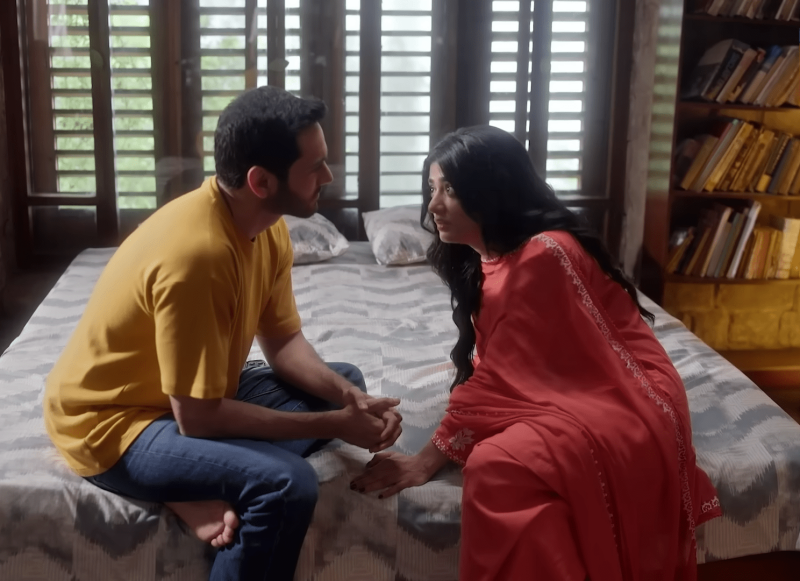
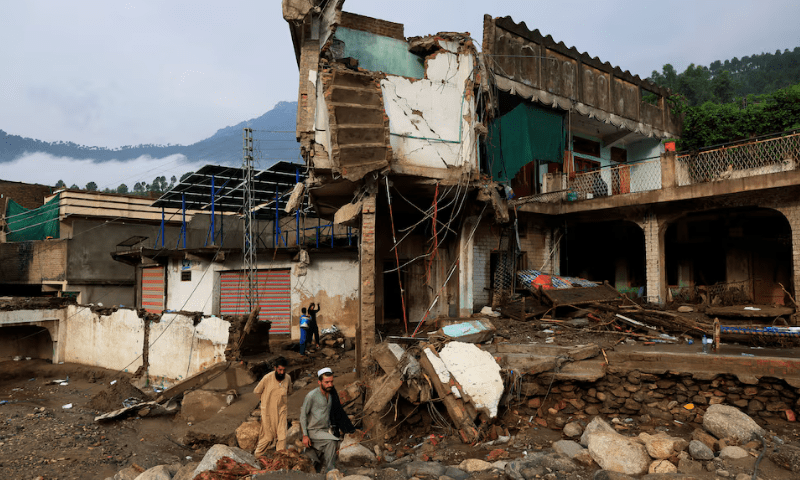
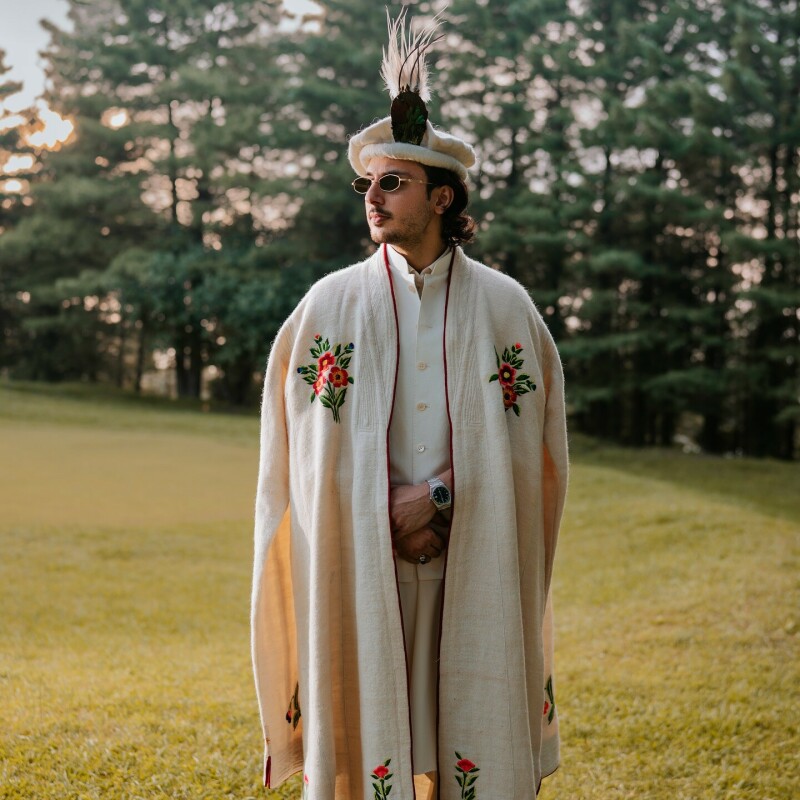
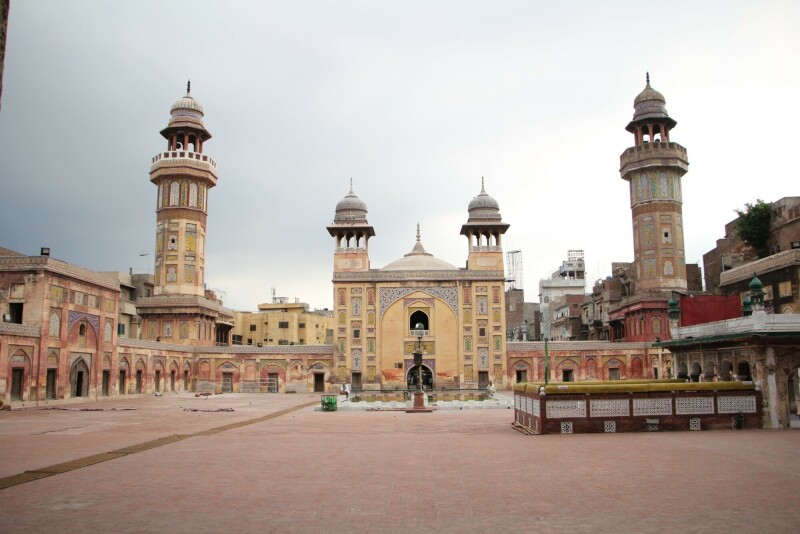
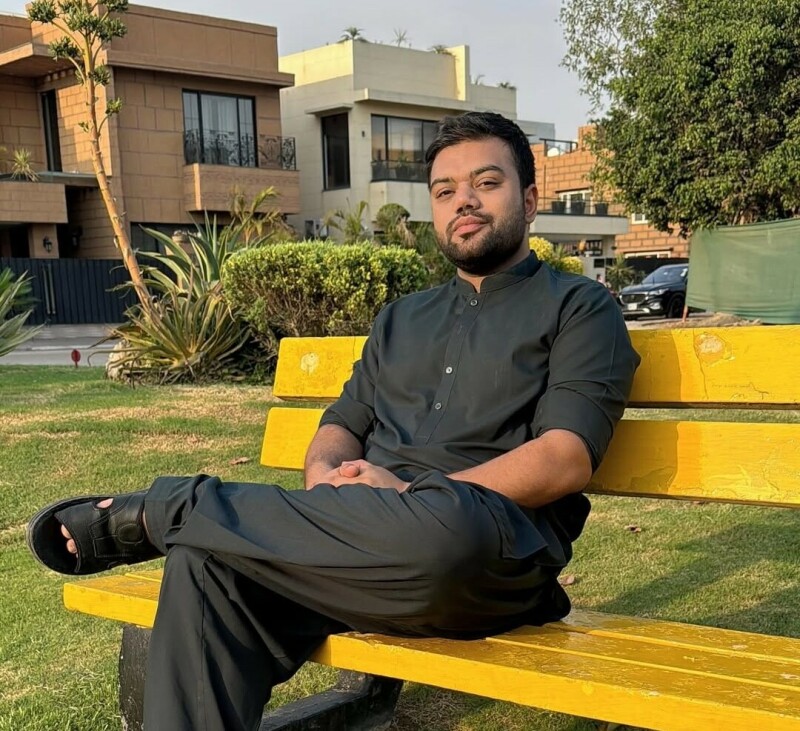
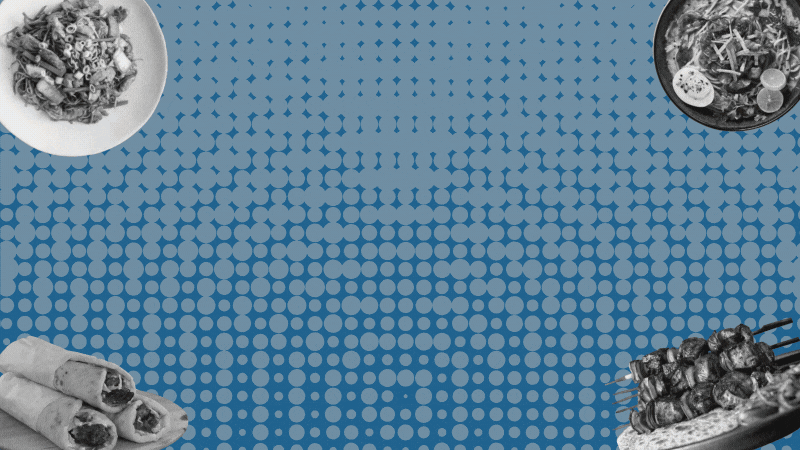

Comments